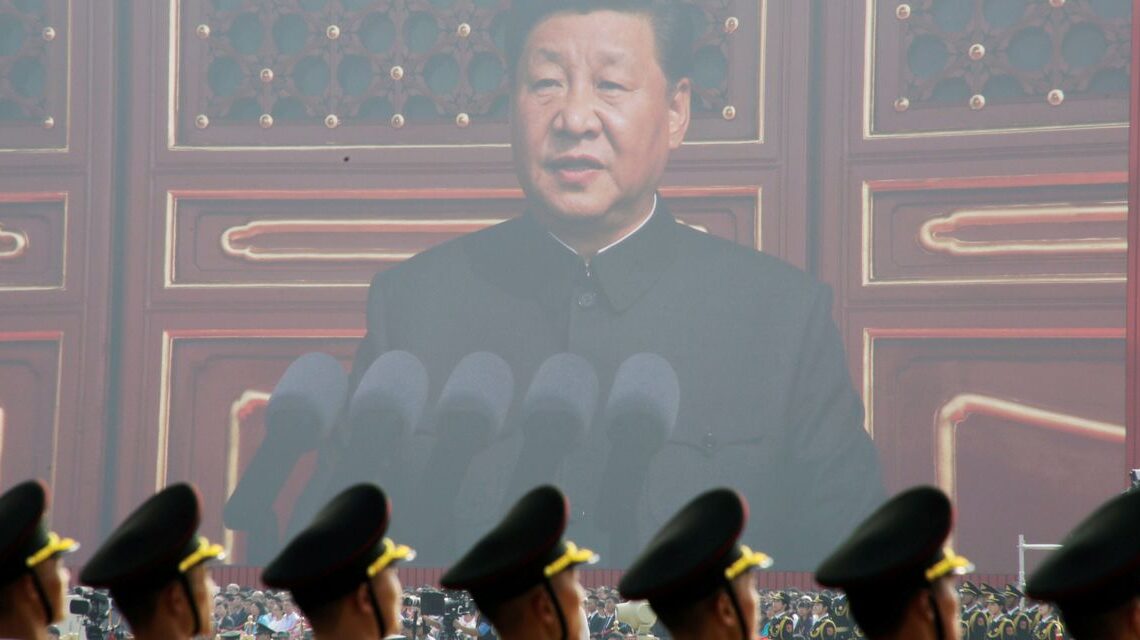The Chinese Communist Party will convene in November for its most consequential Party Congress in 40 years. For the party, politics is about securing and sustaining its hold on power. For
Xi Jinping,
the Party Congress is also about personal power. His goals are to secure reappointment as general secretary and a record third term as president and to make China the pre-eminent regional and global power during his lifetime.
At the 12th Party Congress in 1982, Deng Xiaoping set China’s political and ideological course for the next 35 years. Economic development through market reform and a foreign policy built around engagement with the world (including deeper relations with Washington) were the core ideological principles that defined China during the following decades. They also defined an unofficial social contract between the party and the Chinese people to rebuild its political legitimacy after the wanton destruction of the Great Leap Forward, Cultural Revolution and, later, the Tiananmen Square massacre.
The Deng era has passed. We are in the new era of Mr. Xi, the first decade of whose rule saw profound ideological moves to the Leninist left in politics, the Marxist left in economics, and the nationalist right in foreign policy. Each of these ideological shifts has manifested itself in real policy change.
In March, Beijing set its annual economic growth target at 5.5%—the lowest in decades, but still highly ambitious given the circumstances. While in China the paramount leader can never be wrong, the prospects of delivering 5.5% growth seem remote. The proximate cause for this recent slowdown is the draconian “zero Covid” lockdown policy that cratered economic activity in many major cities for months at a time. Shanghai’s economic output shrank 13.7% in the second quarter of 2022. But Covid isn’t the whole story. China’s economy has deeper policy and structural problems that have emerged over several years.
China’s market-based reform program stalled in 2015 and has generally been in reverse since 2017, with the notable exception of the financial sector. The party has reasserted control over a previously rampant private sector, eroding business confidence and private fixed capital investment. This intervention has taken many forms. Communist Party committees have taken management roles at private firms. The party has forced companies into…
Click Here to Read the Full Original Article at RSSOpinion…

